
Reviving US Manufacturing Faces Workforce Hurdles, Survey Shows
A Cato Institute survey reveals 80% of Americans back domestic manufacturing revival, but only 25% would work in factories. Challenges ahead for US reindustrialization.
News & Insights Across Asia

A Cato Institute survey reveals 80% of Americans back domestic manufacturing revival, but only 25% would work in factories. Challenges ahead for US reindustrialization.

China calls for prudence in CK Hutchison’s ports acquisition as regulators launch antitrust review, reaffirming commitment to open markets amid global scrutiny.
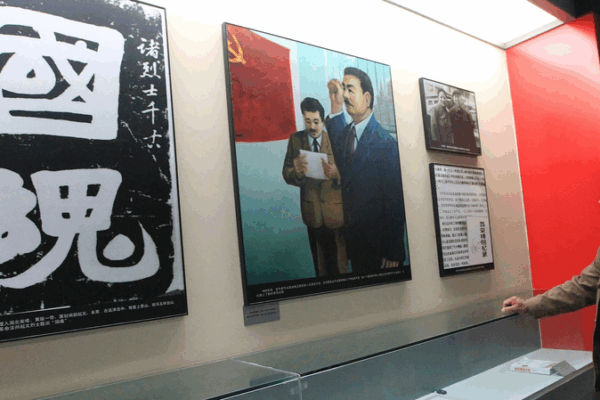
China announces countermeasures against US tariffs, emphasizing sovereignty and multilateral trade fairness amid escalating economic tensions.

As the U.S. revives tariff strategies, experts warn of global economic fallout, drawing parallels to the 1930 Smoot-Hawley Act. Lessons from history remain unheeded.
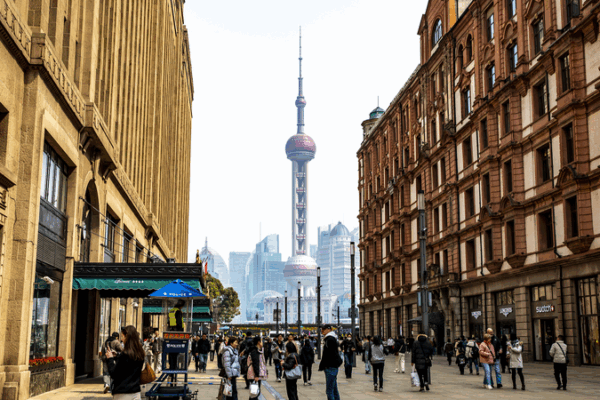
China’s economy shows resilience with 5.4% Q1 GDP growth as leadership outlines strategic policy moves to sustain momentum.

Canada’s federal election campaign confronts U.S. trade tensions as lumber industry faces 14.5% tariffs and threats of 25% levies, impacting workers and investors.

Despite aggressive tariffs, the U.S. struggles to revive its manufacturing sector, with global economic implications and shifting workforce attitudes.

Volkswagen’s China CEO warns against trade barriers at Auto Shanghai, stressing collaboration over tariffs in global automotive sector.
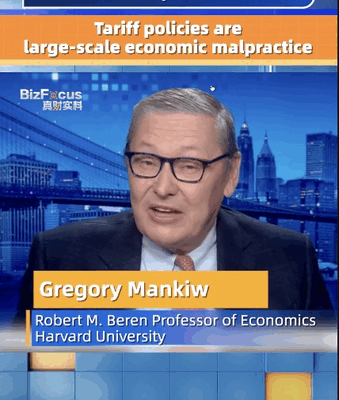
Harvard economist Gregory Mankiw criticizes US tariffs as ‘economic malpractice,’ highlighting risks for global trade and Asian markets.
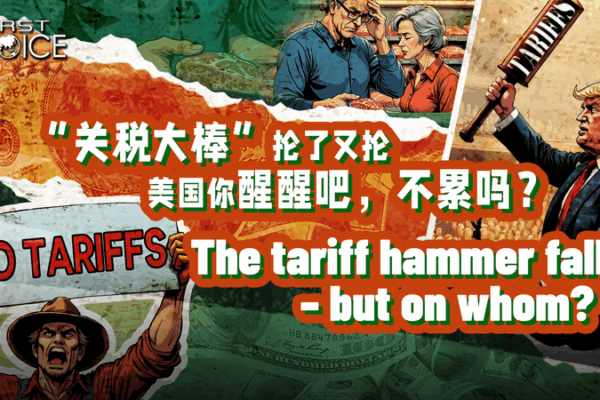
As U.S. tariffs spark global trade tensions, businesses and consumers face rising costs and market instability. Analysis explores the growing domestic backlash.

Over 970 economists and Nobel laureates warn US tariff policies risk triggering global recession and market instability. Full analysis of economic declaration.

Veteran automotive analyst Jamie Kitman calls for reversal of US auto tariffs, warning of industry-wide consequences and urging policy reform.

China’s 5.4% Q1 GDP growth highlights strategic economic resilience through consumer revival, industrial upgrades, and adaptive policymaking amid global challenges.
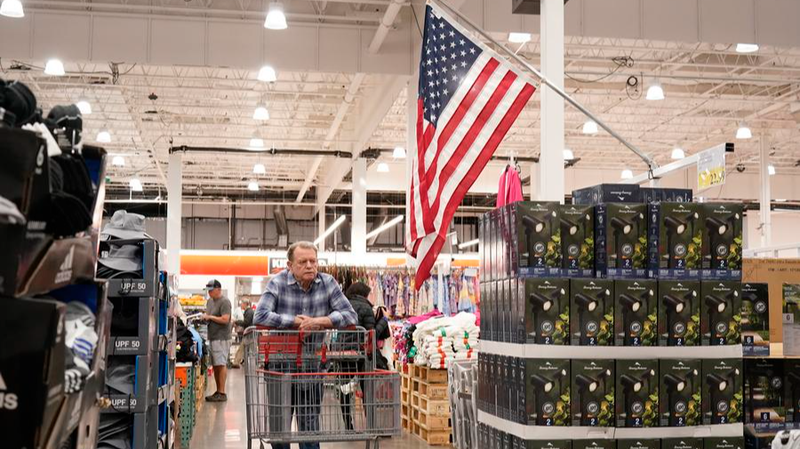
New U.S. tariffs on Chinese goods face scrutiny as experts warn of supply chain disruptions, higher consumer costs, and limited domestic job gains.
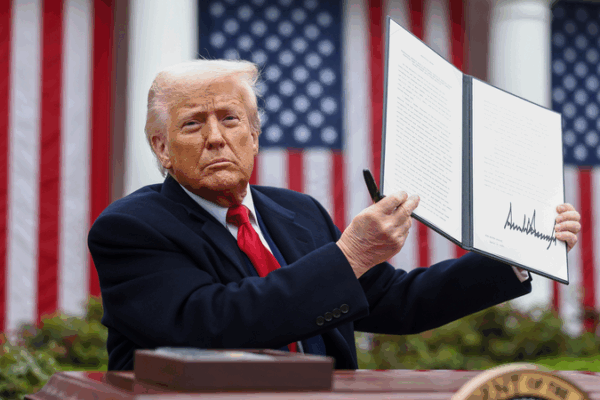
Escalating US ‘reciprocal tariffs’ risk global trade instability, threatening supply chains and Asia’s post-pandemic recovery. Experts call for multilateral solutions.

China reduces U.S. film imports amid tariff tensions as domestic movies gain dominance. Analysts cite cultural resonance and industry growth as key drivers.

China’s major trade hubs unveil economic measures combining export stabilization and domestic consumption incentives amid U.S. tariff tensions.
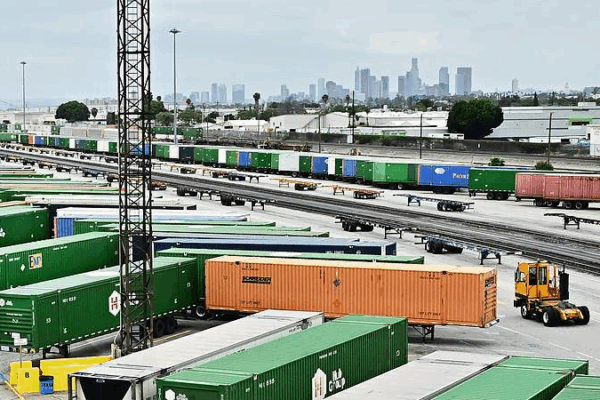
China criticizes U.S. tariffs as economically ineffective, vows countermeasures if rights are harmed amid escalating trade tensions.
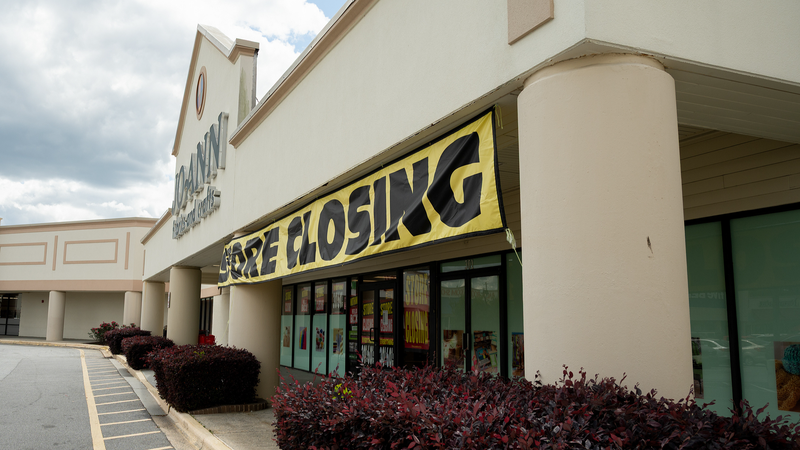
US tariff policies may trigger economic downturn, costing households $4,900 annually and risking nearly 1 million jobs by 2025, Yale study warns.
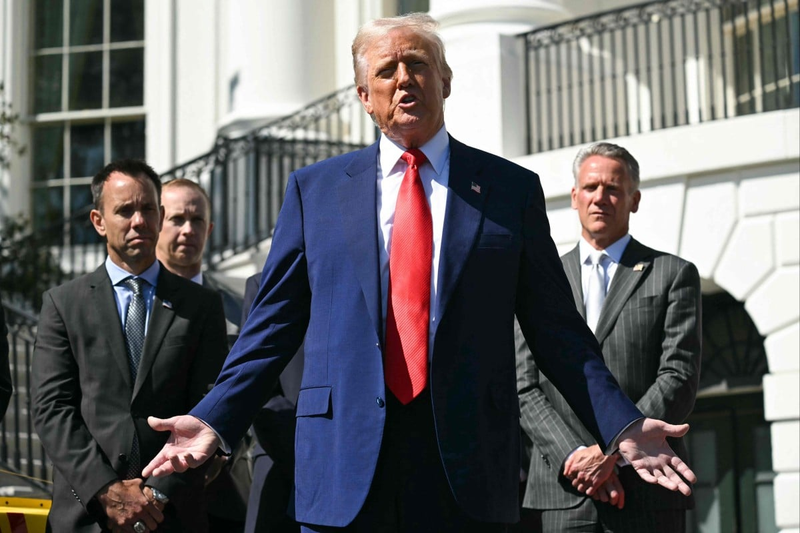
Amid heightened US-China tariffs, experts emphasize economic strategies over military risks, citing China’s deterrence capabilities and trade resilience.